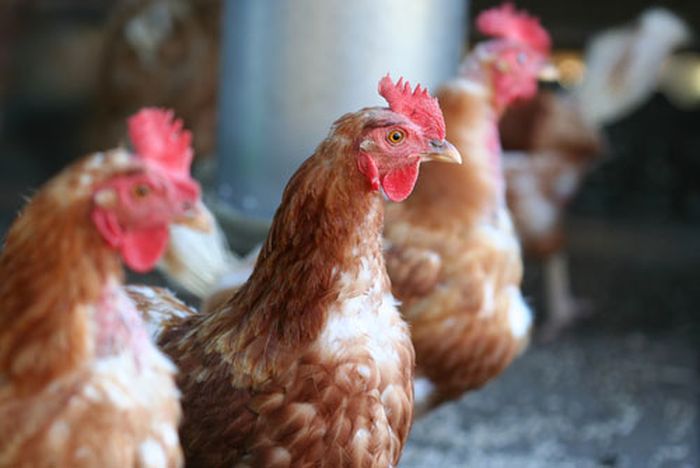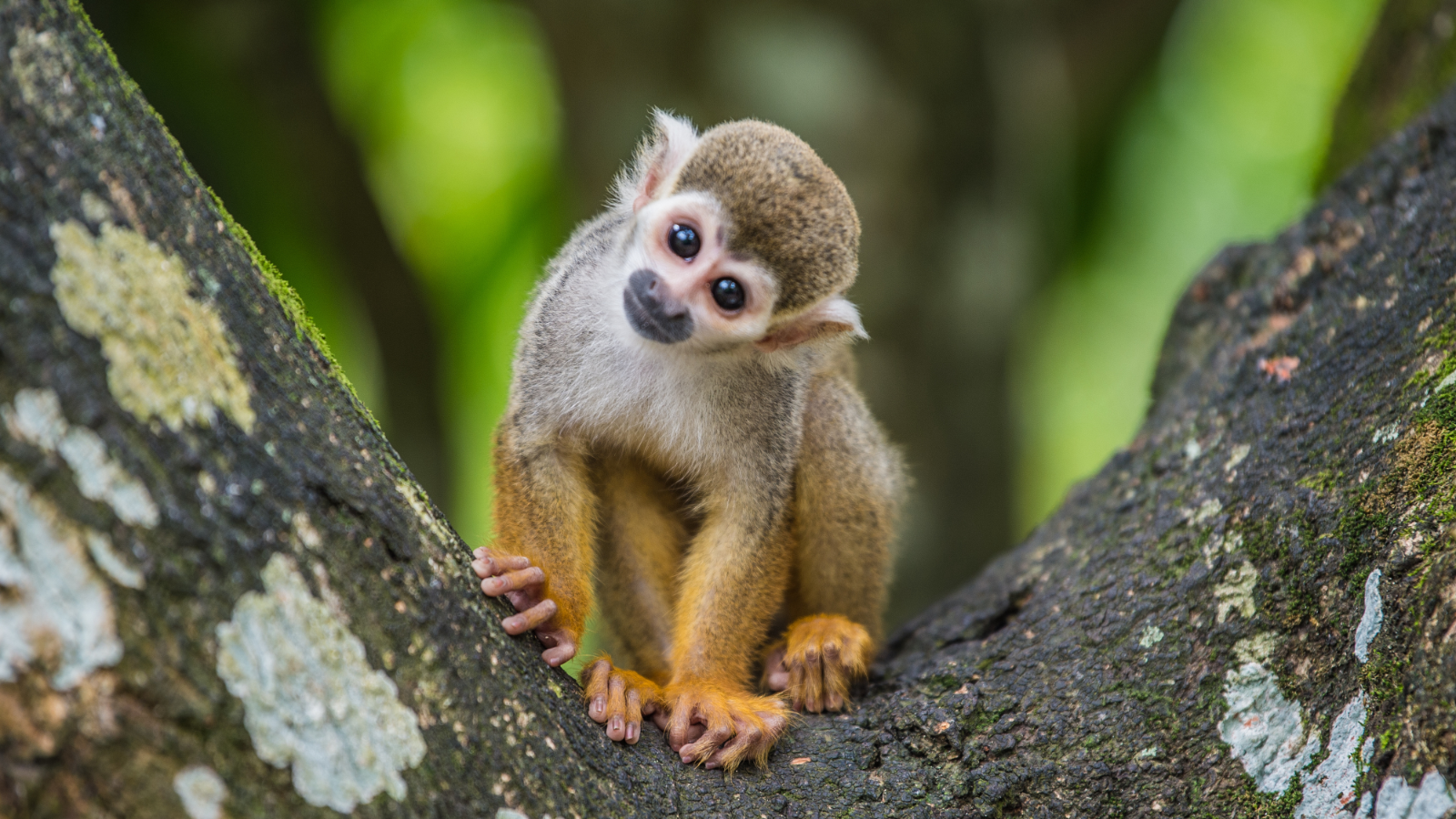In Massive Shift, Nestlé Takes on Animal Cruelty (Op-Ed)


Matthew Prescott, food policy director for The Humane Society of the United States, contributed this article to Live Science's Expert Voices: Op-Ed & Insights.
In late August, Nestlé, the world's largest food company, rocked animal agribusiness when it teamed up with humane organizations to announce groundbreaking reforms in the way chickens, pigs, cows and other animals in its global supply chain will be treated. The company has a market capitalization of nearly a quarter-trillion dollars, and its message was clear: Factory farming has become too extreme, and something must be done about it.
Nestlé's new policies address several practices, such as drugging and breeding chickens to grow too heavy, too fast, which leads to crippling injuries; mutilating animals by cutting their tails, horns and genitals off without pain relief; and locking egg-laying hens, veal calves and mother pigs in tiny cages for their entire lives. [As Superbugs Rise, New Studies Point To Factory Farms (Op-Ed )]
"We will work with our suppliers to establish action plans to address these practices and to help them to improve their performance by applying the overall approach of: 'Remove the worst, Promote the best, Improve the rest,'" Nestlé said in its new animal welfare policy. "We recognize the vital link between animal welfare and the health of animals raised for food, and firmly believe that robust farm animal health and welfare standards can have both a direct and an indirect impact on food quality and safety."
This change follows more than a decade of food companies announcing policy-after-policy to improve the way their suppliers treat animals. Burger King, for example, announced in 2012 a policy to convert its egg supply in the United States to 100-percent cage-free; Unilever is doing the same for its supply chain worldwide. And more than 60 other companies are working to move their pork suppliers away from gestation crates for breeding sows.
But Nestlé's policy is perhaps the most comprehensive among the major, global food producers and purveyors, as it outlines an entire menu of changes that its suppliers must embrace if they want to remain in the Nestlé system.
While the food industry is making great strides in supporting humane changes, some agribusiness leaders still resist improvements.
Get the world’s most fascinating discoveries delivered straight to your inbox.
"All forms of restraint," the Animal Industry Foundation (now the Animal Agriculture Alliance) has insisted, "are designed for the welfare of the animal as well as the efficiency of production."
Or even, "[Chickens] prefer to be in cages," claimed Ken Klippen, an egg industry spokesperson.
But science reveals a different story.
In 2006, the LayWel research project conducted a comprehensive analysis of hen welfare in various housing systems in an effort funded by the European Commission and several member countries of the European Union. Their report noted that "[c]onventional cages do not allow hens to fulfill behaviour priorities, preferences and needs for nesting, perching, foraging and dustbathing in particular. The severe spatial restriction also leads to disuse osteoporosis." The study determined that battery cages — the industry's standard confinement system — are, in fact, the only method of housing birds that does't have "the potential to provide satisfactory welfare for laying hens."
The situation for pigs is similar, with the conditions on industrial factory farms problematic for breeding pigs. Sows routinely confined in gestation crates display behavioral abnormalities such as bar-biting and aggression, caused by the environmental deficiencies and restricted feeding regimens. Sows in large, industrial operations also are affected by a number of production-related diseases and suffer from higher mortality rates.
When the Prairie Swine Center, a prestigious pork-industry research firm, compared animal housing systems that confine pigs in gestation crates with "group housing," which allows pigs greater freedom of movement, their study concluded that "better welfare can be achieved when sows are not confined throughout gestation."
Science reveals that locking animals in cages barely larger than their own bodies is detrimental to their welfare. The examples cited above are just part of a mounting pile of evidence that the way humans abuse farm animals as standard practice today must change.
Global animal experts know that something is foul in factory farming — whether it's confining animals to such extreme degrees, mutilating them without pain relief, or manipulating them to grow unnaturally top-heavy. For a food giant like Nestlé to recognize this and demand change represents an important step toward a more humane world. It's time for all the industries producing meat and eggs to get on board.
Follow the author on twitter at @MatthewPrescott. Follow all of the Expert Voices issues and debates — and become part of the discussion — on Facebook, Twitter and Google +. The views expressed are those of the author and do not necessarily reflect the views of the publisher. This version of the article was originally published on Live Science.



